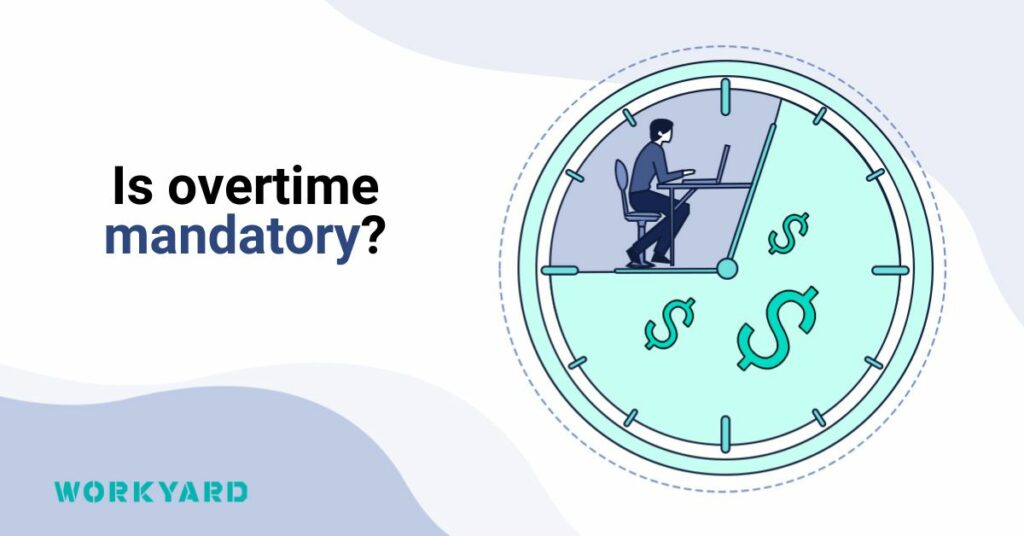Overtime refers to the additional hours an employee works beyond their regular working hours, typically exceeding a standard 40-hour workweek. These additional hours often carry a premium pay rate, commonly set at one and a half times the employee’s regular hourly wage, as mandated by federal and state labor laws.
Whether overtime is mandatory largely hinges on an employer’s policies, contractual agreements, and the specific terms outlined in employment contracts. Employers may establish policies requiring employees to work overtime hours based on operational needs, project deadlines, or business demands, outlining expectations, compensation rates, and procedures for overtime work.
Legal Framework and Labor Laws
In the United States, federal and state labor laws govern overtime requirements, compensation rates, and eligibility criteria. The Fair Labor Standards Act (FLSA) establishes guidelines for overtime pay, stipulating that non-exempt employees must receive overtime compensation for hours worked beyond 40 hours in a workweek at a rate not less than one and a half times their regular rate of pay, barring specific exemptions.
Employee Classification
Overtime mandates often correlate with an employee’s classification as exempt or non-exempt under the FLSA. Non-exempt employees are typically eligible for overtime pay, while exempt employees, such as certain salaried professionals or managerial roles meeting specific criteria, may be exempt from overtime requirements based on their job duties, responsibilities, and compensation structure.
Practical Considerations and Negotiations
While overtime is not universally mandatory, employees and employers negotiate terms, expectations, and compensation structures tailored to individual roles, industries, and organizational needs. Clear communication, understanding contractual obligations, and adherence to legal requirements ensure transparency, fairness, and compliance in managing overtime practices.

